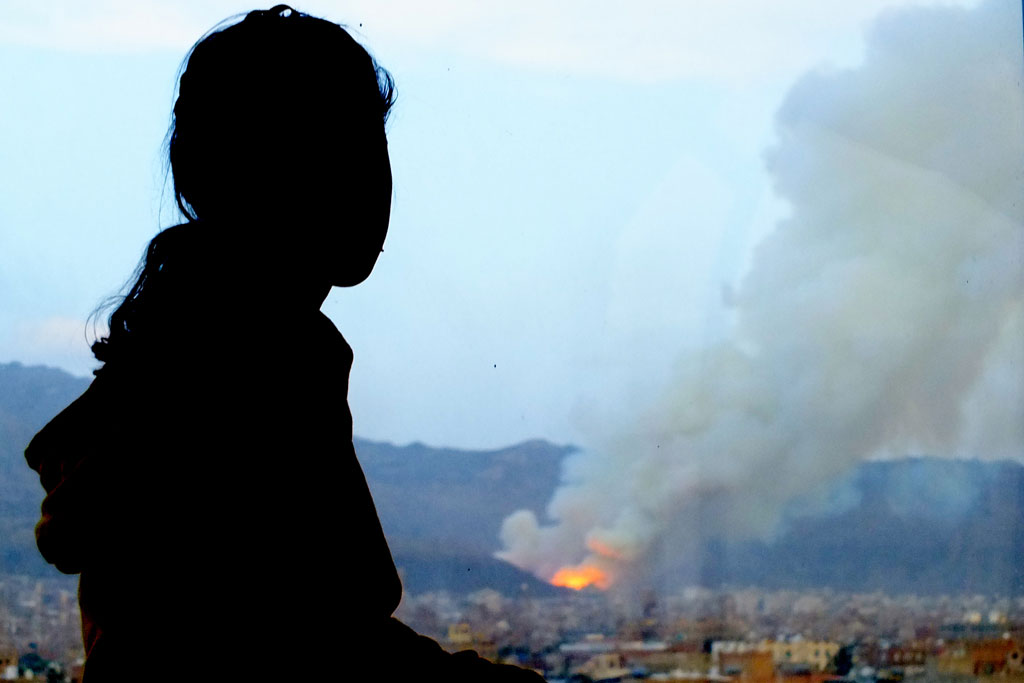Riyadh, Aden – The World Health Organization (WHO) representative office in Riyadh hailed King Salman Humanitarian Aid and Relief Center (KSRELIEF) for its support in providing humanitarian and medical assistance for residents of besieged areas in Yemen.
In a statement issued on its website earlier this week, WHO office in Saudi Arabia said that the organization was able to provide “lifesaving health, nutrition and environmental services for millions of people in Yemen,” thanks to the continuous support of KSRELIEF.
The statement noted that to date, the center has donated more than $22 million dollars to support WHO’s response activities in Yemen.
“Funds received have allowed WHO to provide 120 metric tons of essential medicines and medical supplies to hospitals in Abyan, Aden, Al-Dhalea, Al-Mahra, Shabwah, Lahj, Hadramout, Taiz (enclave), Al-Jawf, Marib and Socotra governorates in 2016,” the statement said.
It added that KSRELIEF funds were also used to support polio immunization activities for 4.7 million children in the country.
Twenty-five integrated mobile health teams have been dispatched in Yemen, the statement said, adding that 12 primary health care teams are deployed in areas where health care services are limited.
The statement also noted that KSRELIEF funds were used by WHO to provide 386,700 liters of fuel to 59 hospitals, one blood bank, one central laboratory, four kidney centers and two oncology centers.
“WHO has also provided more than 12 million liters of water for health facilities and areas hosting internally displaced persons in Sana’a, Taiz and Al-Dhalea governorates, reaching approximately 950,000 beneficiaries,” the statement added.
WHO Representative for Yemen Dr. Ahmed Shadoul said that many health facilities in Yemen were non-functional due to fuel and electricity shortages, unavailability of health staff, medicines and supplies.
He highlighted the support provided by King Salman Center in this regard.
“Given the limited funding available to WHO for its emergency response in Yemen, support from the Centre has been vital to ensuring the continuity of health services,” Shadoul said.
He added: “WHO expresses its deep appreciation to the King Salman Humanitarian Aid and Relief Centre for its ongoing support.”
Meanwhile, the United Nations Children’s Fund (UNICEF) said that 1,121 children have been killed and another 1,650 were injured since the escalation of the Yemeni conflict in March 2015.
In a statement issued earlier this week, UNICEF Representative in Yemen Julien Harneis said that children were “paying the heaviest price of the conflict in Yemen.”
“UNICEF deplored such acts and urged all parties to exercise maximum caution and avoid civilian infrastructure,” he added.
He also called on the warring parties in Yemen to “adhere to international humanitarian law and keep children out of harm’s way.”
In earlier statements, Harneis praised the support provided to UNICEF by King Salman Center. He noted that the Center has offered great assistance to the international organization in providing medical and educational aid in Yemen.
